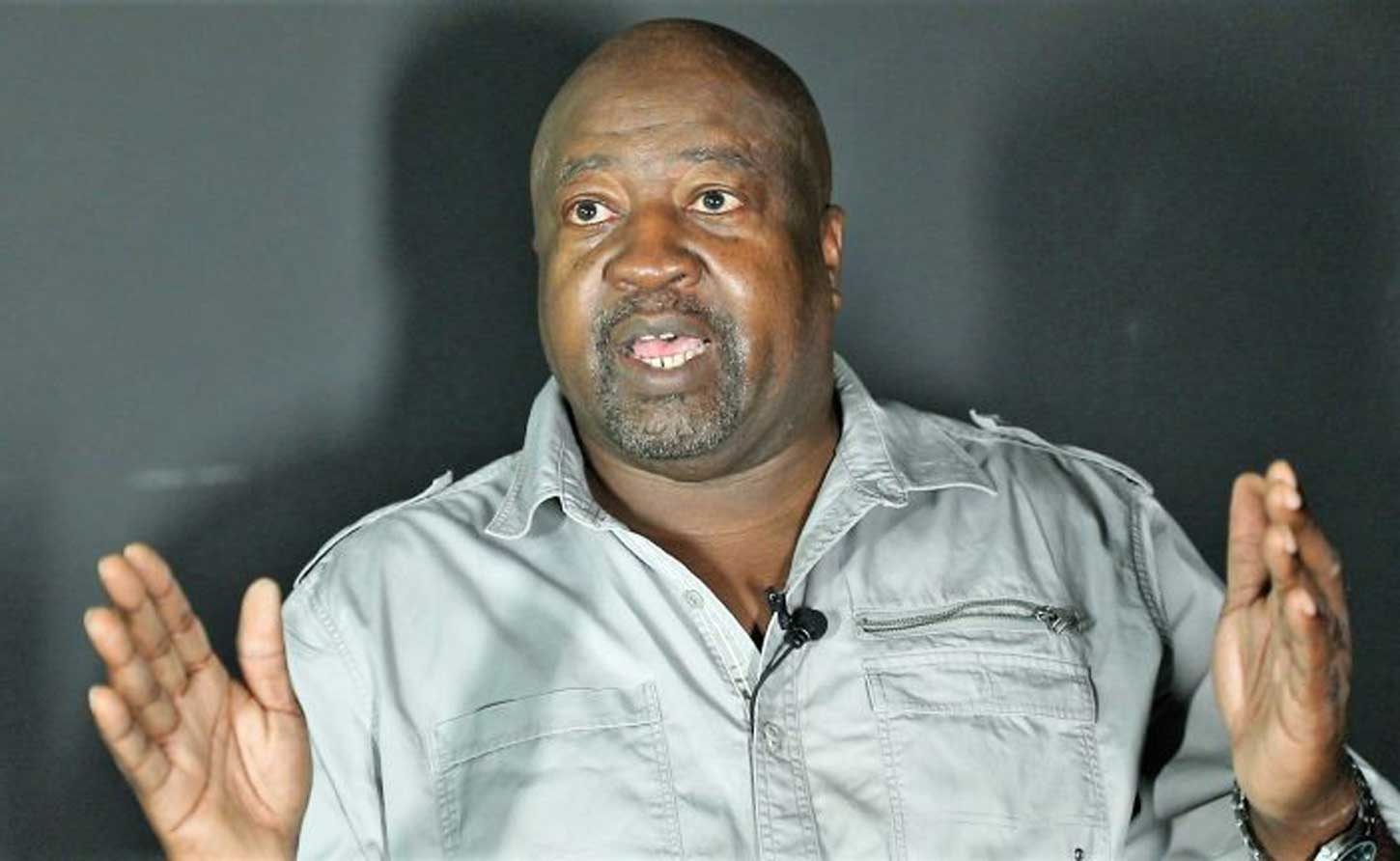GUYANA | WPA loses confidence in GECOM to deliver free and fair election

GEORGETOWN, Guyana, APRIL 7, 2025 - In a scathing indictment that casts a shadow over Guyana's democratic future, the Working People's Alliance (WPA) has declared it has "lost all confidence" in the Guyana Elections Commission (GECOM) to deliver free and fair elections in the coming months. The bombshell announcement comes as the nation barrels toward a contentious electoral showdown, now reportedly scheduled for September 2025.
The revelation of the September timeline, disclosed by GECOM commissioner Vincent Alexander, contradicts the November date repeatedly floated by Vice President Bharrat Jagdeo, exposing what critics see as dysfunction within the highest levels of Guyana's electoral machinery. But regardless of the month, the WPA contends, the clock has run out on implementing crucial reforms.
"Whether it is September or November, there is very little time left for GECOM to ensure that the election meets accepted standards," the opposition party stated, identifying a purified voters list and biometric verification as "minimum requirements" for a legitimate poll. These critical safeguards, the WPA argues, cannot be properly established before voters head to the polls.
The opposition's distrust stems from what they characterize as a perfect storm of institutional capture and political manipulation. "GECOM's failure is due to a combination of delaying tactics on the part of a majority of the commission and the capture of the organization's machinery by the PPP," the WPA charged, referring to the ruling People's Progressive Party.
In a country where electoral results have been contested by both sides of the political divide in successive cycles, GECOM's apparent unwillingness to implement recommendations from opposition parties and international observers "smacks of official conspiracy to deliver fraudulent elections," according to the WPA's unflinching assessment.
The party's leadership poses pointed questions to GECOM's chair: "Why is GECOM prepared to take such colossal risk? Why is GECOM's chair prepared to risk her credibility by presiding over the most barefaced seizure of the electoral process?"
Faced with what they view as a compromised electoral system, the opposition now confronts a devil's choice – boycott the election entirely or participate in a process they believe is fundamentally corrupted. Both paths, the WPA acknowledges, are "fraught with extreme danger."
While the party admits its "instinctive response would be to boycott the polls," such a strategy would require unified opposition action to "ensure that PPP's plans are disrupted." The WPA points to its own history of electoral boycotts and participation under protest, noting they boycotted the 1980 election over rigging concerns but participated in 1985 despite similar misgivings.
US Tariffs Add Economic Insult to Political Injury
Compounding Guyana's political uncertainty, the WPA also addressed the recent imposition of tariffs by the United States, joining CARICOM in expressing "grave concern" over measures that threaten to deliver economic body blows to the region.
"For small economies like ours, the impact is likely to be swift and devastating," the WPA warned, predicting a cascade of negative effects including business closures, job losses, rising prices for US imports, and potentially reduced remittances from Guyanese living in America.
The opposition party reserved particular scorn for the current administration's handling of US relations, calling it the "irony of ironies" that Guyana faces the Caribbean's highest tariffs despite having a government they describe as "the most pliant to foreign interests."
In a blistering critique, the WPA accused the PPP government of "unnecessarily groveling" while "surrendering Guyana's sovereignty to the US" in exchange for support with Venezuela border conflicts and regime legitimation. This approach, the WPA declared, is "morally and politically obscene."
While affirming that strong US-Guyana relations remain "indispensable" for economic and security reasons, the WPA advocated for partnerships based on "mutual respect" rather than what they characterized as the current administration's approach of trading "sovereignty in exchange for regime survival."
With little faith in the government's ability to address the tariff issue bilaterally, the WPA endorsed a unified CARICOM response, concluding with a stark warning: "We either swim together or suffer separately."
-30-
